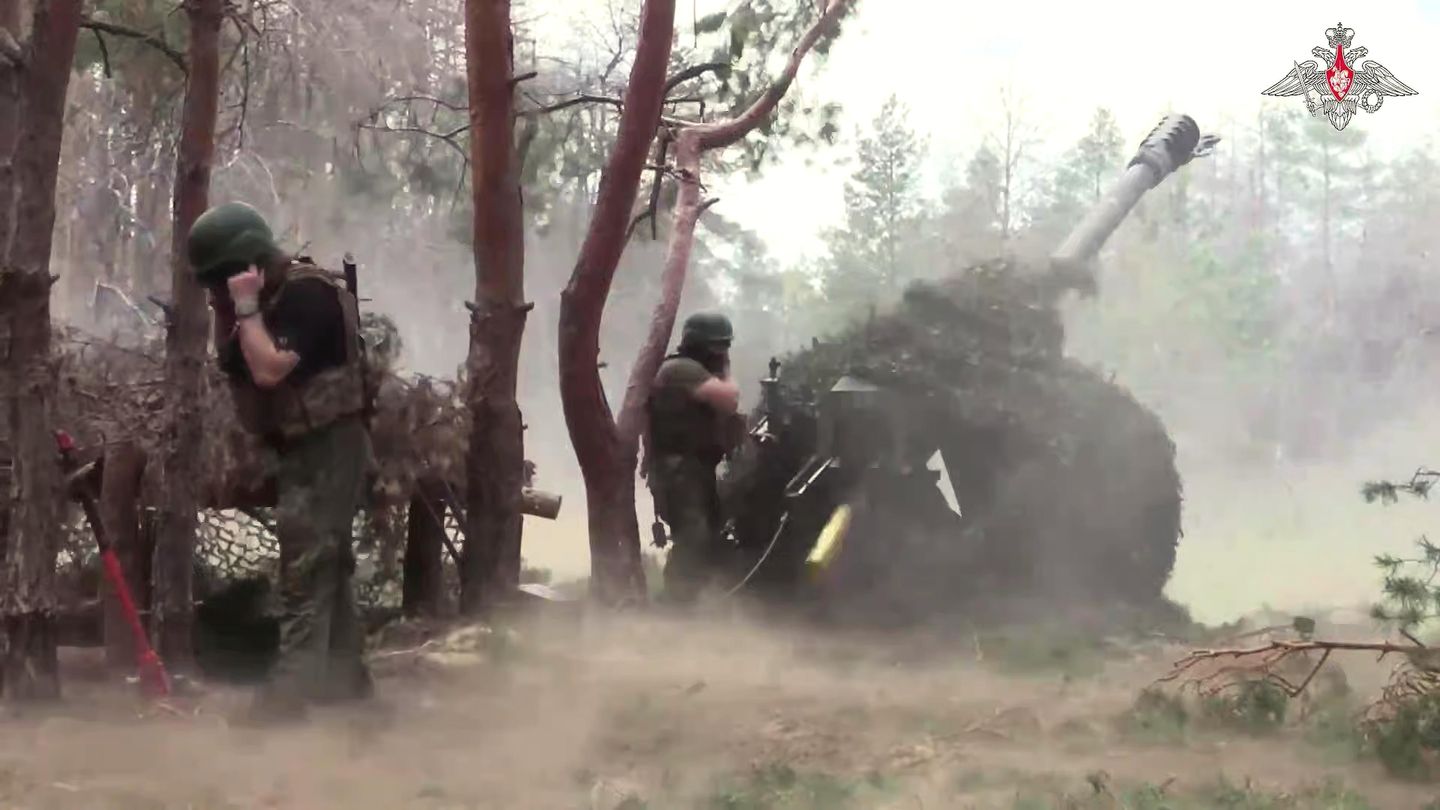
No country other than North Korea has contributed more manpower to Russia’s armed forces than the estimated 7,000 Cuban mercenaries fighting and dying in the war in Ukraine.
“There was a time when Cubans, after the Chernobyl disaster, provided free and humanitarian treatment to thousands of Ukrainian children (for which Ukraine remains profoundly grateful),” said Ruslan Spirin, Ukraine’s special representative to Latin America. “Today, however, some Cubans are taking part in the killing of those same children or their families — a tragic and symbolic betrayal of our once-shared solidarity.”
Cuba has long denied that its nationals are being deployed as part of government policy.
Yet Cuban nationals, including trained soldiers and guns for hire, are present around the globe in various roles, earning hard cash for Havana.
Not all of them are military. Cuban hospital workers, sports trainers and professionals are working alongside peers in Latin America, the Middle East and Africa. The communist government in Havana presents this as a sign of solidarity with developing nations, although affluent countries such as Italy and Qatar also employ Cuban medical staff.
With the war in Ukraine, however, Cuba’s contribution has been increasingly lethal, not humanitarian.
“Russia has recruited young Cubans and deceived them with false promises of work and citizenship. Many have ended up as cannon fodder on the front lines,” said Mr. Spirin.
Media reports suggest that approximately 20,000 Cubans have signed contracts to fight for Russia. Estimates of those who have deployed to Ukraine are as high as 7,000.
Most have served in support areas, though a growing number have fought on the front lines. Ukrainian estimates suggest 200 to 300 Cubans have been killed.
The social media activity of Cubans in Russian service suggests that Cuban nationals appear more receptive to Russian narratives than many other audiences — perhaps unsurprisingly, given Havana’s long-standing political and cultural affinity with Moscow.
Russia has seized on this for propaganda purposes. In a scene on Russian TV, a Cuban recruit was seen writing “Hasta la vista, baby” on Russian munitions aimed at Ukraine.
The overwhelming draw remains financial. Cuban men are being lured with promises of around $2,000 a month in pay, a staggering figure compared with Cuba’s average wage of roughly $300 annually.
“The Cuban government insists it is not implicated. Yet, the facts show that the network continues to operate, and Cubans are still arriving at the Russian front,” Mr. Spirin said.
It is unlikely so many men would take the risk without a tacit nod of approval from Havana’s communist leadership.
Cuban laws penalize mercenary activity with prison sentences. If state security is threatened, then the death penalty is potentially applicable. However, Cuba has enforced a public moratorium on the death penalty since 2003.
The deployment of Cuban forces coincides with a blooming of Moscow-Havana ties, which are at their strongest point since the end of the Cold War. Earlier this year, Russia offered $60 million worth of fuel in credit and a further $2 million in cash to help the country’s energy system.
That fuel support is invaluable in a country facing a severe energy crisis and rolling blackouts. In line with that agreement, the largest shipments of oil to Cuba from Russia arrived earlier this year.
President Trump has held high-profile meetings with Russian President Vladimir Putin and Ukrainian President Volodymyr Zelenskyy in recent weeks, marking some of the most promising peace talks since the initial Russian invasion of Ukraine in 2014.
Negotiations have hit roadblock after roadblock, but some optimistic analysts suggest the most prolonged conventional conflict of the 21st century may draw to a close this year.
What the end of the conflict will mean for the large number of mercenaries fighting for Russia in Ukraine is unclear. At least some Cubans who have fought in Ukraine appear to have done so under the banner of Russia’s state-funded militia, the globe-trotting Wagner Group, and there are always questions about where Mr. Putin’s enforcers might pop up next.
Outside Europe, the Wagner Group’s most notable ventures have been in Africa, operating under the “Africa Corps” brand. Yet its track record has been uneven.
Conversely, Cuban forces were heavily involved in Africa during the Cold War, from the Ogaden War in Ethiopia to Angola and beyond.
After a year of unsuccessful counterinsurgency operations in 2019 and 2020, Wagner retreated from Mozambique, where it had been deployed against a local Salafi-jihadi insurgency.
Cuban forces in the 1980s left a far more profound imprint. Drawing on linguistic familiarity and political solidarity, they played a key role in Mozambique. The Operation Leopard campaign, which strengthened the Mozambique Liberation Front’s grip on power, involved Cuban forces in combat roles.
“Despite its limited economic resources, Cuba became a surprising military actor across Africa during the Cold War, from dispatching guerrillas under Che Guevara to the Congo to the massive set-piece battles against South African forces in Angola,” said Todd Carter, Cold War historian and former Oxford University lecturer.
Other Cubans deployed on the front lines have surprising goals. Michael Valido, a 31-year-old Cuban who died fighting in Ukraine last year, talked of traveling to Brazil or Nicaragua with the ultimate goal of migrating to the United States.
Of course, thousands of veteran soldiers returning to Cuba or other parts of Latin America could have unforeseen political consequences in Cuba. Cuban Gen. Arnaldo Ochoa was executed on drug trafficking charges in July 1989. Historians suggest the real motive was to eliminate a decorated commander whose prominence, earned in Cuba’s overseas campaigns, had begun to threaten the regime.
“Cuban veterans of Ukraine are unlikely to put their rifles down for long,” said Mr. Carter. “History shows that fighters trained in one conflict often surface in another, and Africa — where mercenaries have been active from the Congo crisis to today’s Sahel wars — could be a natural next stop, and not the only one.”








